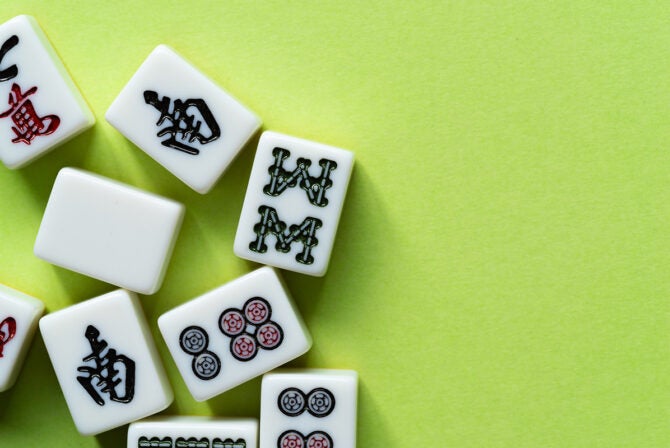By now, you probably watched “The Leftovers” season finale. The show, which is based off of Tom Perrotta’s novel of the same name, is often hailed as a show that explores the trials and tribulations of grief. What the critics have said is true–and it does it rather well. If you haven’t watched it, you should–not because it’s “binge-worthy,” but because it’s worth it.
The show, which aired on HBO four years ago, focuses on the aftermath of the disappearance of 2 percent of the world’s population–a sort of “what happened?” plot line. But instead of getting answers, we see how grief works–and how it can destroy us, but also how it connects us together, through love.
That’s what I loved most about this show–there are no answers to grief or loss or mourning, just ways to deal with them. The show’s three seasons follow Nora, for instance, who lost her three children–and Laurie, who lost the child she was pregnant with. These story lines in themselves show us what motherhood–and the absence of it–look like behind the pretty Instagram pictures and perfect Facebook posts.
Whether you’ve lost a child to illness, had an abortion, or suffered a miscarriage, the pain that both Nora and Laurie go through, trying to search for the meaning of the loss and disappearance, may seem too surreal and otherworldly at first.
But upon second glance, it’s all too real and familiar. Women everyday suffer through these losses, unable to speak about them, because there are often a lack of spaces for women to speak honestly about these traumas. I know this only too well, having only opened up about the abortion I underwent in the past few years.
The show’s last episode, “The Book of Nora,” takes us delicately into that world of pain, but offers us a phoenix rising from the ashes–giving us an alternative to isolating and crippling grief: renewal. And what woman who has gone through any kind of pregnancy loss or loss of a child doesn’t need that hope? That sense of silver lining as a reminder that we can overcome our worst moments?
While we never learn about why the 2 percent departed, it doesn’t matter. That’s what we’re supposed to learn–all sorts of terrible things happen to our loved ones without explanation, but it is our belief in love and hope that keeps us going. And yet, the show also does an amazing job of showing us that hope and love are also a burden.
Kevin, for instance, searches for Nora for years until he finds her, during the finale. He hasn’t stopped believing. Nora hasn’t totally lost it either, not really.
She tells Kevin her story of going through the machine that supposedly reunites loved ones with the departed, recalling how she came back after realizing her children “didn’t need her anymore.” In this way, the show not only became a story about moving on from grief, but allowing children to gain their own independence–another kind of loss.
The beauty is the fact that Nora’s story may not be true, but it doesn’t matter. Because how we deal with grief isn’t about truths or facts, but about the emotional journey. Kevin aptly responds saying, “Why wouldn’t I believe you? You’re here.”
Lindeloff, the show’s co-creator, explained how the show is about dealing with grief:
“I don’t want to reduce The Leftovers to a love story or a rom-com, but that’s what we cared about most. How can people attach themselves to one another and allow themselves the vulnerability of being left by the person they care most about when they’re living in a world where that person can disappear in an instant?”
He also explains why, for instance, Nora’s journey wasn’t actually shown, why it’s left up to our ideas of belief:
“For a show that’s based around the idea of belief and the idea that belief can actually bring a tremendous amount of emotional healing and the lack of belief can bring a lot of emotional pain, what is true and what is authentic and what matters —those are all themes and ideas that were in Tom’s book that we tried to bring to the series. I feel like Nora’s story is the culmination of all those ideas.”
In a time where there seems to be more TV shows than anyone could ever keep up with, “The Leftovers” truly gets at the everyday pain and loneliness we feel, especially when dealing with any type of loss or grief. While the story may not have initially intended to be about motherhood and the loss of a child, it captures the emotions sincerely–and does the mothers who feel them justice.







